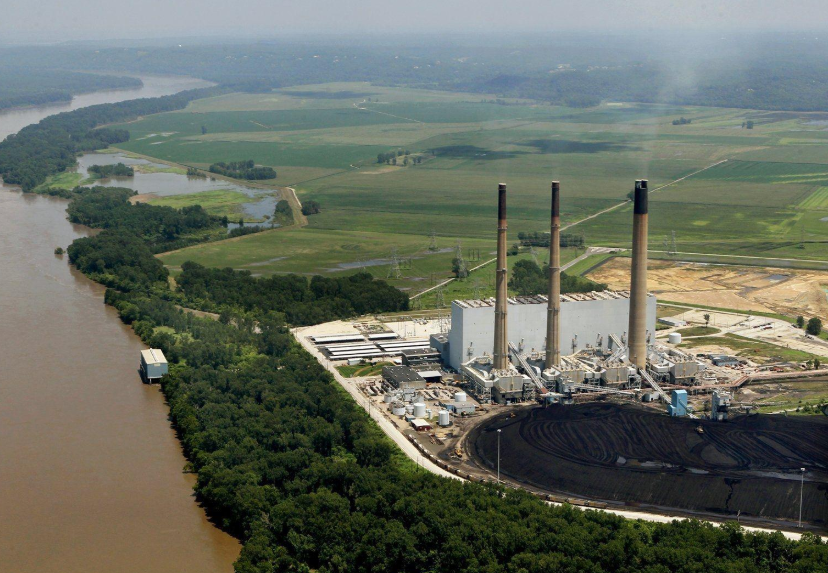This Thursday, July 28th at 9 AM the Missouri Department of Natural Resources (DNR) is holding a public hearing to discuss Missouri’s proposed State Implementation Plan (SIP) to reduce interstate ozone pollution in compliance with the EPA’s proposed Ozone Transport Rule. Missouri’s proposal does not adequately evaluate or address harmful ozone pollution generated in Missouri and we expect our state to do more.
Why does this matter?
Ozone exposure causes varying levels of respiratory distress: from coughing and inflammation to chronic bronchitis and asthma attacks. Children, older adults, outdoor workers and people with asthma are at the greatest level of risk. Emissions from cars, power plants, industrial boilers, refineries, chemical plants are all sources of ground-level ozone pollution.
Like any type of air pollution, ozone emissions are not contained within state borders: air pollution generated in Missouri impacts air quality in nearby states and likewise air pollution generated by our neighbors impacts air quality in Missouri. For this reason, EPA developed the Ozone Transport “Good Neighbor” Rule to control for interstate pollution from emissions like ozone. You can read MCE’s comment with the Great Rivers Environmental Law Center on the “Good Neighbor Rule” here.
Missouri’s proposed SIP does not use the recommended EPA standard to evaluate its ozone pollution contribution to other states, and as a result it only acknowledges a portion of the interstate pollution Missouri generates. Further, the proposal fails to include sufficient measures to adequately reduce the ozone pollution emanating from Missouri or explain the expected level of emissions reduction that will come from this proposal. We’re calling on the Missouri Department of Natural Resources to act in the spirit of a good neighbor and do more: all states must commit to action in order to achieve health and environmental benefits nationwide.
Take action!
Join the public hearing this Thursday in person, by phone, or via Webex using the information below:
Meeting number (access code): 2456 734 2222
Meeting password: MACC
Call-in number (US/Canada): 650-479-3207
If you would like to make comments at this meeting, please notify DNR ahead of time by emailing david.gilmore@dnr.mo.gov. You can email your written statement to david.gilmore@dnr.mo.gov at the start of the hearing. See our suggested talking points below.
Talking Points
- DNR’s proposed State Implementation Plan (SIP) does not use the recommended EPA standard to evaluate its ozone pollution contribution to other states, and as a result it only acknowledges a portion of the interstate pollution Missouri generates.
- Air pollution is not contained within state borders: air pollution generated in Missouri impacts air quality in nearby states and air pollution generated by our neighbors impacts air quality in Missouri.
- All states must commit to action to reduce the interstate transport of emissions in order to achieve health and environmental benefits nationwide.
- DNR’s proposed State Implementation Plan (SIP) does not adequately evaluate or address harmful ozone pollution generated in Missouri.
- In order to adequately reduce Missouri’s contribution to interstate air pollution, DNR should revise its proposal to include stronger pollution control measures recommended by EPA for coal plants, energy generating units and various other industries that contribute to ozone pollution like cement, steel, iron, and glass manufacturing.
- By implementing stronger pollution control measures, the State of Missouri would also be taking action to improve air quality and health outcomes for Missourians living and working near these emissions sources.
- Air quality impacts all of us. DNR should better engage with Missouri residents about air quality decisions and how they impact our health by preparing plain language versions of documents like the State Implementation Plan (SIP) and hosting public information sessions.
Written comments on the proposed SIP will also be accepted through 5 PM on August 18, 2022. Written comments should be submitted to the Missouri Department of Natural Resources Air Pollution Control Program PO Box 176, Jefferson City, MO 65102 or via email at apcpsip@dnr.mo.gov.

